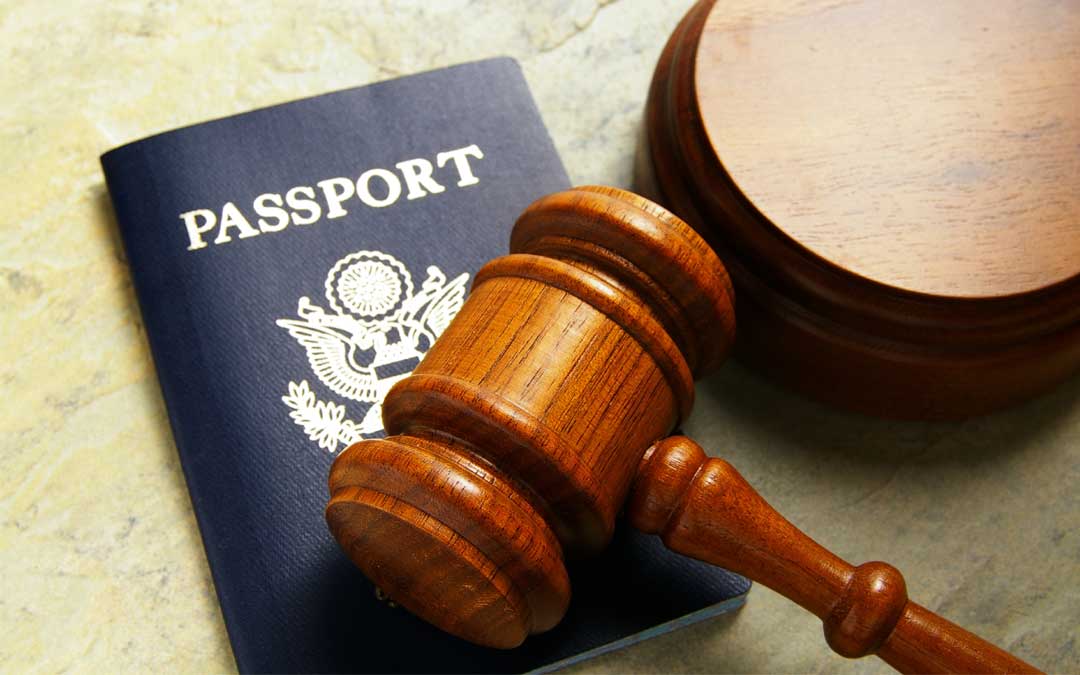Under Australian law, everyone, including children and newborn infants, must be issued with their own passports if they are to travel overseas.
If your child is born overseas and you want to bring him/her back to Australia, or have children through overseas surrogacy or adoption situations, then that child will also require a passport.
Consent
Before a passport may be issued to a child, the written consent of all persons with parental responsibility for the child is needed. These laws are designed to protect children from abduction and to safeguard the rights of all people with parental responsibility for the child. In some situations, like family emergencies, if one of the parents is not contactable after reasonable attempts, section 11 of the Australian Passports Act 2005 permits a passport to be issued to a child if an Australian court order permits the child to travel internationally.
In most cases, people with parental responsibility are the parents names on the child’s full birth certificate. Parental responsibility can only be removed by an Australian court.
If you child is born overseas
If the child does not have an Australian birth certificate, you will need to provide the child’s full overseas birth certificate. If the certificate is in a foreign language, an official English translation must also be provided. Commemorative certificates are not acceptable, A person lodging a child’s application must also provide proof of their own identity.
In surrogacy situations
If you are applying for a passport for your child born as a result of an international commercial surrogacy arrangement, you must lodge a completed child passport application form (Child Passport Application PC4 if lodging in Australia or Overseas Passport Application PC8 if lodging overseas) , as well as a ‘Child born through surrogacy’ form (Form B4). It is important to note that written consent must be provided by each person with parental responsibility for your child, as well as the surrogate mother (also referred to as birth mother or gestational carrier), before a passport can be issued.
You should not presume that you will be successful in obtaining a passport of a child born as a result of a commercial arrangement with an overseas birth mother. It is essential to obtain legal advice if you are contemplating such an arrangement. If you are thinking about international commercial surrogacy, you must be aware that it is illegal in Australia. In addition, current legislation in the Australian Capital Territory, Queensland and New South Wales also makes it an offence for residents to enter into overseas commercial surrogacy arrangements.
Adoption situations
There are three types of overseas adoptions: intercountry adoptions, expatriate adoptions and private adoptions. Adoption is governed by individual state legislation and you should always be familiar with variations between states if you are involved in an overseas adoption application.
Intercountry adoptions are a government endorsed process under the Hague Convention on Protection of Children and Cooperation in respect of Intercountry Adoption, which terminated the pre-existing legal relationship between the child and his or her birth parent(s). The Attorney-General’s Department is responsible for processing individual adoption applications.
Expatriate adoptions occur when an Australian living overseas adopts a child from the country in which he/she is resident or from a third country. Australian Commonwealth, State and Territory Adoption Authorities are not involved with expatriate adoptions. The adoption is administered and finalised through the legal processes in the country where the adoption took place.
Overseas private adoptions are not supported under Australian State and Territory Adoption Authorities, and may not be finalised under Australian law or in the country of adoption. However, the Family Law (Bilateral Agreements – Intercountry Adoption) Regulations 1998 states that child adoptions from certain countries are officially recognised in Australia when the adoption is legally finalised in the country of origin. China is currently the only country to be recognised under this regulation, not including the Special Administrative Regions of Hong Kong and Macau.
This is general information only, and does not constitute specific legal advice. If you would like further information in relation to passports, adoption matters, or any issues of family law, please contact our office on 9854 6212, or email marctestart@testartfamilylawyers.com.au

